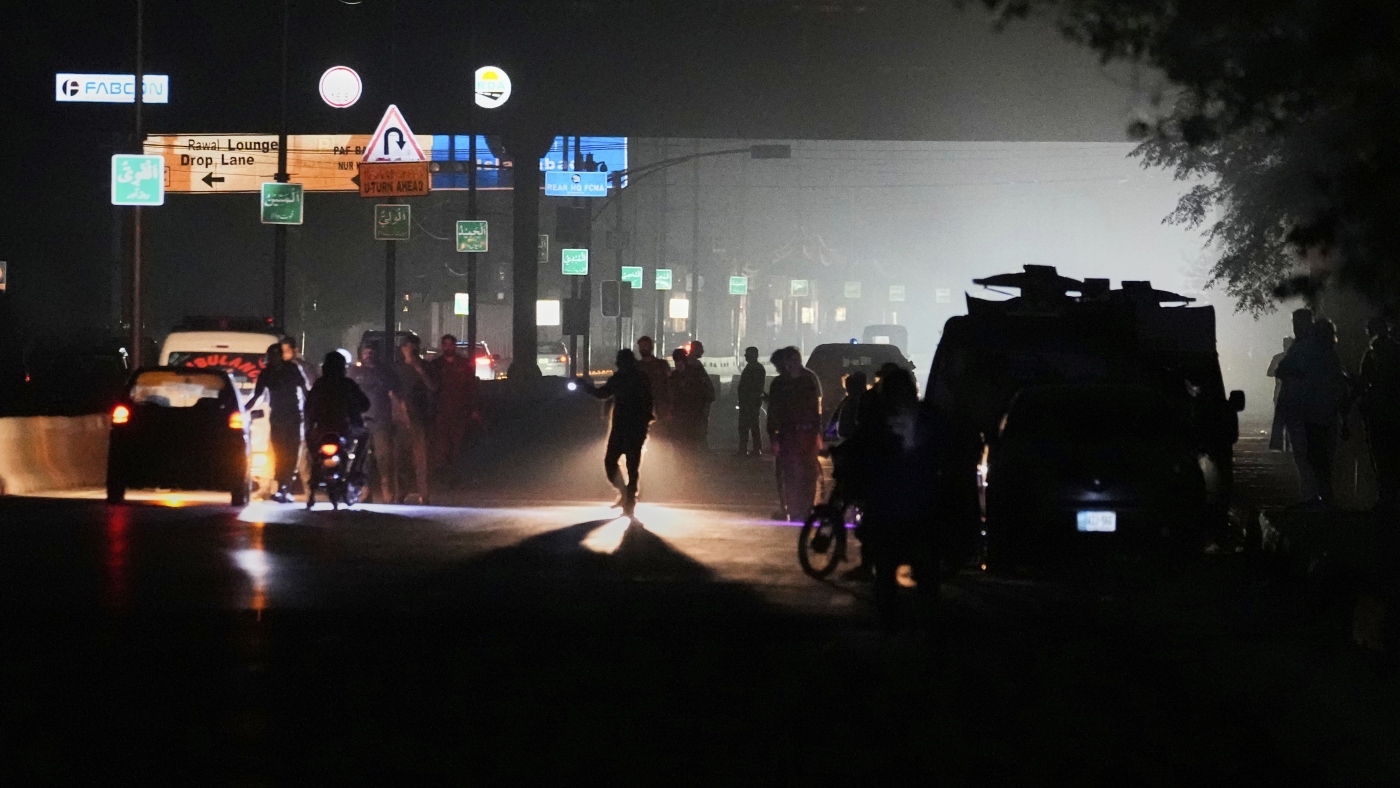Escalating Tensions: A Deep Dive
The Spark: Missile Strikes and Retaliations
The recent escalation between India and Pakistan has pushed the two nuclear-armed neighbors to a critical point. The spark that ignited this tense situation was a series of missile strikes on key military installations. Pakistan accused India of firing missiles at three of its air bases, leading to an almost immediate retaliatory response from Pakistan. This tit-for-tat exchange marks a significant escalation in the long-standing conflict, raising concerns about the potential for further military action and the catastrophic consequences that could follow.
India’s Aggressive Moves
According to Pakistani authorities, India launched missiles targeting three strategic air bases within Pakistan. The targeted bases—Nur Khan in Rawalpindi, Murid in Chakwal, and Rafiqui in the Jhang district of Punjab—are all critical to Pakistan’s defense infrastructure. The Pakistani military spokesperson reported that most of the missiles were intercepted, preventing significant damage. However, the incident has sent shockwaves through the region, highlighting the volatile nature of the conflict and the ever-present threat of escalation.
Pakistan’s Counterstrike
In response to the Indian missile strikes, Pakistan initiated retaliatory actions. The Pakistani military used medium-range Fateh missiles to target an Indian missile storage facility and airbases in Pathankot. This counterstrike is seen as a clear demonstration of Pakistan’s resolve and a direct response to what it perceives as Indian aggression. The use of Fateh missiles, known for their precision and range, underscores Pakistan’s capability to strike back and its willingness to defend its territory.
The Broader Conflict
The current escalation is not an isolated incident but part of a broader conflict that has been simmering for years. The tensions have been fueled by a series of incidents, including a recent massacre that India blamed on Pakistan. The Pakistani ambassador to the U.S. dismissed India’s terrorism claims as “strange, ironical, and farcical,” adding another layer of complexity to the diplomatic and military standoff. This long-standing conflict is rooted in historical, territorial, and political disputes, making it a deeply entrenched and challenging issue to resolve.
Diplomatic and Military Implications
The missile strikes and retaliatory actions have significant diplomatic and military implications. Both countries possess nuclear weapons, and any further escalation could have catastrophic consequences. The international community has been closely monitoring the situation, urging both nations to exercise restraint and engage in dialogue to resolve their differences peacefully. The presence of nuclear weapons adds a layer of urgency to the situation, as any miscalculation could lead to a full-blown nuclear exchange.
The Role of Media and Public Perception
State-run Pakistani media has portrayed the counterstrike as a demonstration of the nation’s resolve. The Pakistani military’s decision to name the missiles after Pakistani children killed during India’s strikes highlights the emotional and symbolic dimensions of the conflict. This narrative resonates with the public, reinforcing nationalistic sentiments and support for military action. The media plays a crucial role in shaping public perception, and in this case, it has been instrumental in rallying public support for Pakistan’s retaliatory measures.
The Evolving Nature of Warfare
The use of missiles and drones in recent attacks underscores the evolving nature of warfare in the region. As technology advances, so do the methods of conflict. The deployment of advanced weaponry by both sides indicates a shift towards more sophisticated and precise military tactics. This evolution in warfare requires both countries to adapt their strategies and defenses, adding another layer of complexity to the conflict.
The Path Forward
The situation between India and Pakistan remains volatile, with the potential for further military action. However, it is crucial for both countries to recognize the dangers of further escalation and to seek diplomatic solutions. The use of advanced weaponry and the ever-present threat of nuclear war make it imperative for both nations to prioritize peace and engage in constructive dialogue. The international community must play a proactive role in facilitating this process, ensuring that the region remains stable and secure.
Conclusion: A Call for Peace
The missile strikes and retaliatory actions between India and Pakistan highlight the urgent need for de-escalation and dialogue. The conflict has reached a dangerous point, and any further military action could have devastating consequences. It is imperative for both nations to prioritize peace and engage in constructive dialogue to resolve their differences. The international community must play a proactive role in facilitating this process, ensuring that the region remains stable and secure. The path to peace is fraught with challenges, but it is the only viable option to prevent a catastrophic conflict that could have global repercussions.

